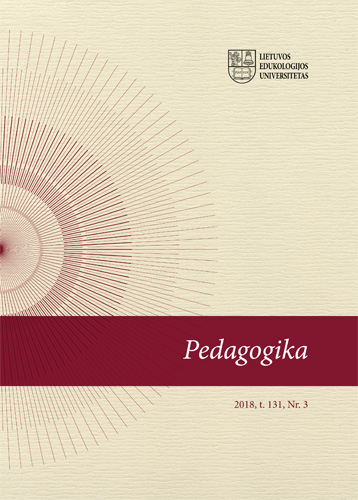Societal Cultural Dimensions and GDP as Predictors of Educational Leadership and
School Autonomy Indicators’ in PISA
Societal Cultural Dimensions and GDP as Predictors of Educational Leadership and
School Autonomy Indicators’ in PISA
Author(s): Kari Kristinsson, Rasa Nedzinskaitė, Inga Minelgaitė SnaebjornssonSubject(s): Education, National Economy, Evaluation research, Sociology of Culture
Published by: Vytauto Didžiojo Universitetas
Keywords: societal culture; cultural dimensions; educational leadership; school autonomy; PISA; Hofstede’s model;
Summary/Abstract: This paper examines how societal cultural values and the economic well-being of a country can predict school leadership and autonomy, two managerial indexes within education measured in the Programme for International Student Assessment (PISA) test. Regression analysis (n = 70 countries) indicated that societal cultural dimensions, as measured by Hofstede’s model, have significant predictive power for both indexes. Specifically, study uncovered that the Power Distance and Individualism dimensions have a positive relationship with educational leadership, while Long-term Orientation and Uncertainty Avoidance have a negative relationship. Furthermore, study identified a negative relationship between school autonomy and the Masculinity and Uncertainty Avoidance dimensions.
Journal: Pedagogika
- Issue Year: 131/2018
- Issue No: 3
- Page Range: 233-251
- Page Count: 19
- Language: English

